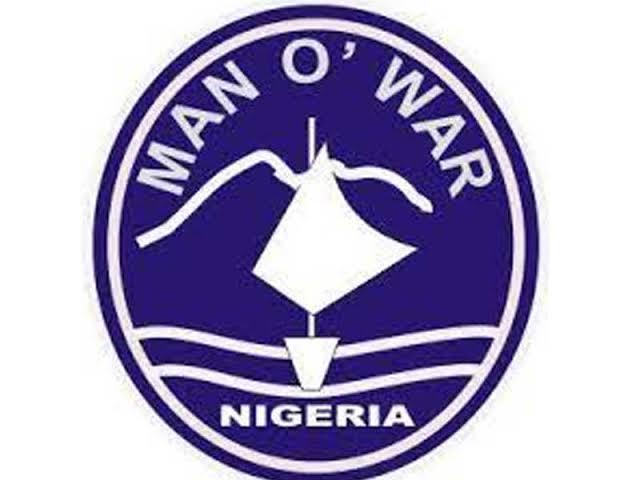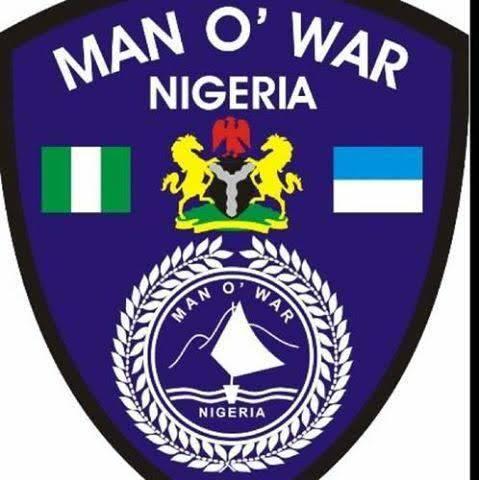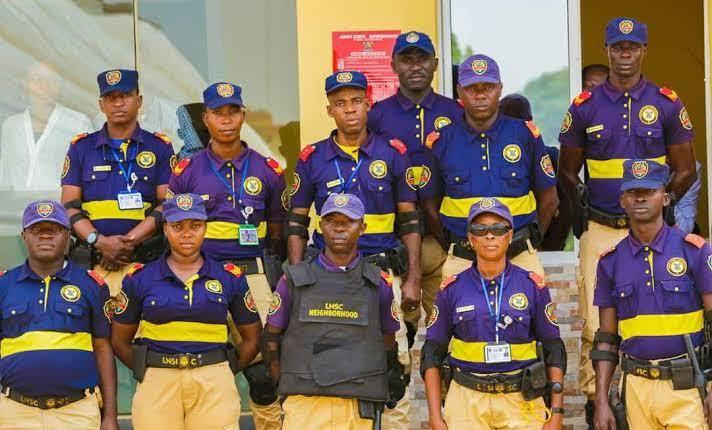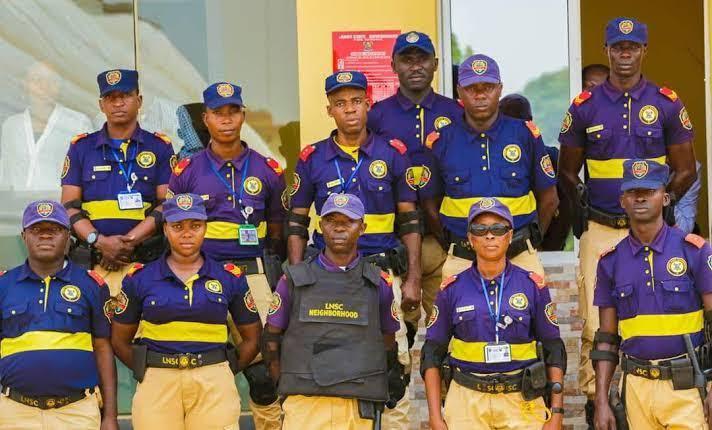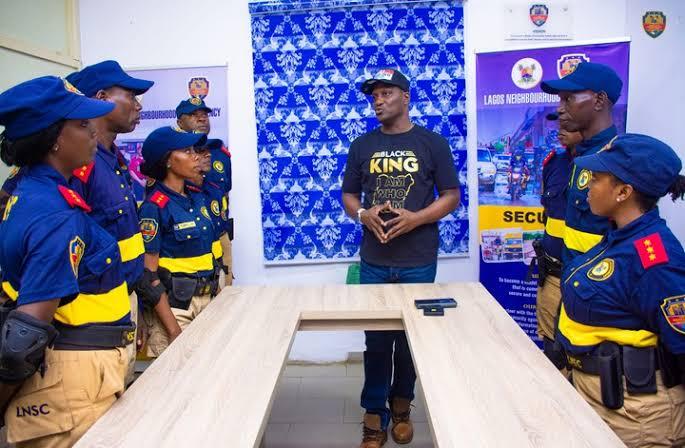Explore Our Bill Payment Services:

- Military And Defence
- Para-Military Guide
- Nigeria
The Role Of Women In Nigeria Para-Military: Official Guide
Gone are the days when security and uniformed service in Nigeria were seen as male-dominated. Today, women play vital and recognized roles across all para-military forces in Nigeria — from Customs to Immigration, Civil Defence, and more.
This guide highlights:
-
The active roles of women in Nigeria’s para-military
-
Key agencies where women serve
-
Ranks they can attain
-
Challenges and progress
-
Opportunities for female applicants
What Are Nigeria’s Para-Military Agencies?
Para-military agencies in Nigeria are government security forces that support national safety, law enforcement, and public order, but are not part of the armed forces.
Key para-military agencies include:
| Agency | Full Name |
|---|---|
| NSCDC | Nigeria Security and Civil Defence Corps |
| NIS | Nigeria Immigration Service |
| NCS | Nigeria Customs Service |
| FRSC | Federal Road Safety Corps |
| NDLEA | National Drug Law Enforcement Agency |
| NCoS | Nigerian Correctional Service |
Women now serve in all these agencies, occupying ranks from junior staff to senior commanders.
Key Roles Women Play in Para-Military Agencies
Here’s a breakdown of how women contribute to national service:
1. Law Enforcement and Patrol Duties
Women are involved in frontline operations such as:
-
Border patrol (NIS, NSCDC)
-
Highway patrol (FRSC)
-
Correctional facility supervision (NCoS)
-
Drug raids and enforcement (NDLEA)
-
Anti-smuggling operations (NCS)
2. Administrative and Intelligence Roles
Many women serve in:
-
Human resource departments
-
Data analysis and surveillance
-
Cybersecurity and intelligence gathering
-
Communication and public relations units
Their attention to detail and organizational skills make them ideal for these tasks.
3. Medical and Health Services
Women with health qualifications serve as:
-
Nurses and paramedics
-
Medical officers and mental health experts
-
Public health educators in IDP camps and border areas
4. Training and Instruction
Experienced female officers now train recruits and conduct seminars on:
-
Gender sensitivity
-
Human rights enforcement
-
Civil-military relations
-
First aid and emergency response
5. Leadership and Command
In 2025, women hold various command-level positions, such as:
-
Assistant Commandant (NSCDC)
-
Deputy Superintendent (NIS, NCS)
-
Zonal Coordinators (FRSC, NDLEA)
-
Wardens-in-charge (NCoS)
These women manage teams, approve strategic operations, and lead national assignments.
Career Opportunities for Women in Para-Military Agencies
| Qualification | Agencies Accepting | Typical Role or Entry Rank |
|---|---|---|
| SSCE/WAEC/NECO | NSCDC, NIS, NCoS | Constable / Assistant Cadre |
| OND/NCE | FRSC, NCS, NSCDC | Inspector or Assistant Inspector |
| HND/BSc | All agencies | Officer Cadre (e.g., Assistant Superintendent, Deputy Superintendent) |
| Medical Degrees | NCoS, NDLEA, FRSC | Medical Officer, Paramedic, Nurse |
All recruitment is merit-based, and no agency officially limits the number of women that can apply or rise in rank.
Challenges Faced by Women in Para-Military Services
Despite their growing roles, women still face:
-
Gender bias from male colleagues or the public
-
Balancing family life with demanding field duties
-
Limited facilities like maternity clinics in remote posts
-
Underrepresentation in elite combat units (though improving)
However, these are being addressed with better policies and awareness.
Progress & Government Support
The Nigerian government and each para-military agency are now:
-
Promoting gender equality and inclusiveness
-
Offering maternity leave and family-friendly policies
-
Ensuring fair promotion and leadership opportunities
-
Creating female-friendly training programs
-
Assigning women to sensitive roles like human trafficking response, female prisoner management, and civil affairs
Frequently Asked Questions (FAQs)
1. Can women join the Nigerian Customs or Immigration?
Yes! Women are actively recruited into Nigeria Immigration Service (NIS) and Nigeria Customs Service (NCS)yearly.
2. Can a woman become a commander in para-military?
Yes. In 2025, many women now serve as Deputy Commandants, Assistant Controllers, and Zonal Heads across different agencies.
3. Do female recruits receive the same salary as males?
Yes. The salary structure is equal for both genders, based on rank and qualification.
4. Can pregnant women join para-military?
Not during training or recruitment. However, maternity support is available after you become a staff.
5. Which para-military is best for women?
Each agency has strengths, but NSCDC, FRSC, and NIS are popular for having structured schedules, strong female units, and training support.
Conclusion
The role of women in Nigeria’s para-military agencies has never been more important. Women are not just participants — they are leaders, professionals, and frontline defenders of peace, order, and law in Nigeria.
From SSCE holders to university graduates, there is room for every qualified woman to join and rise through the ranks.
